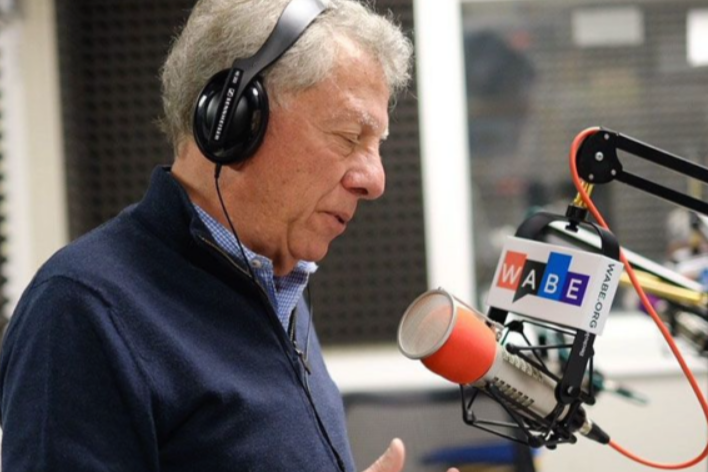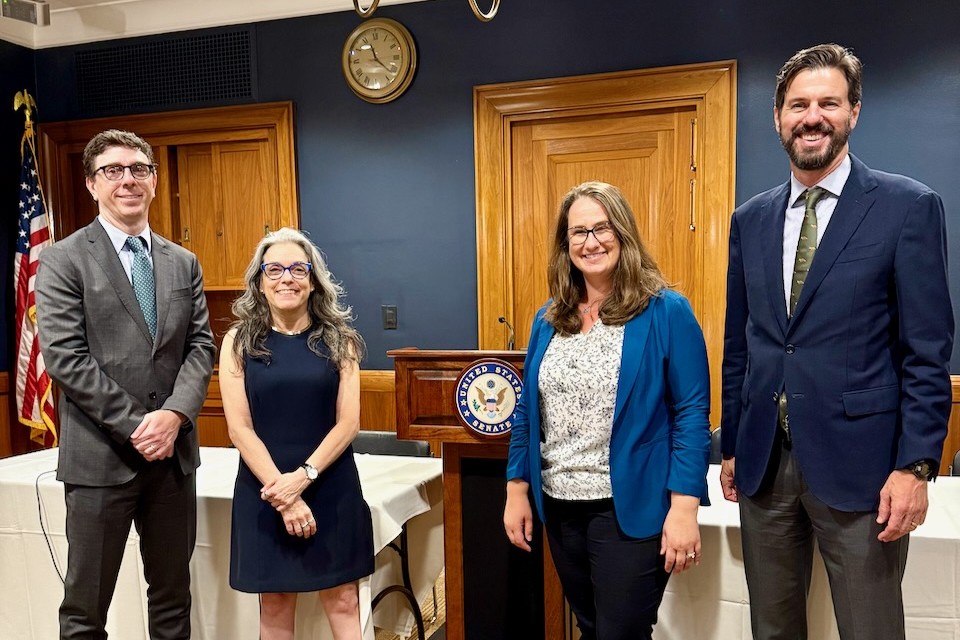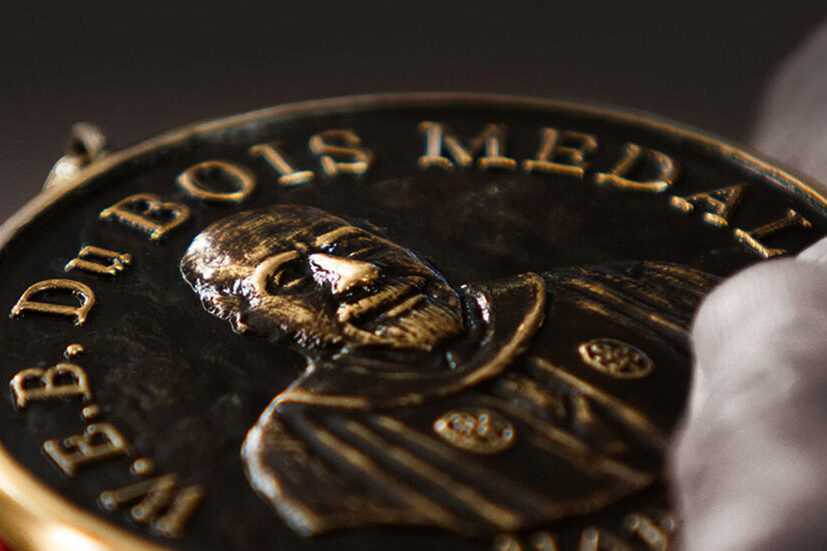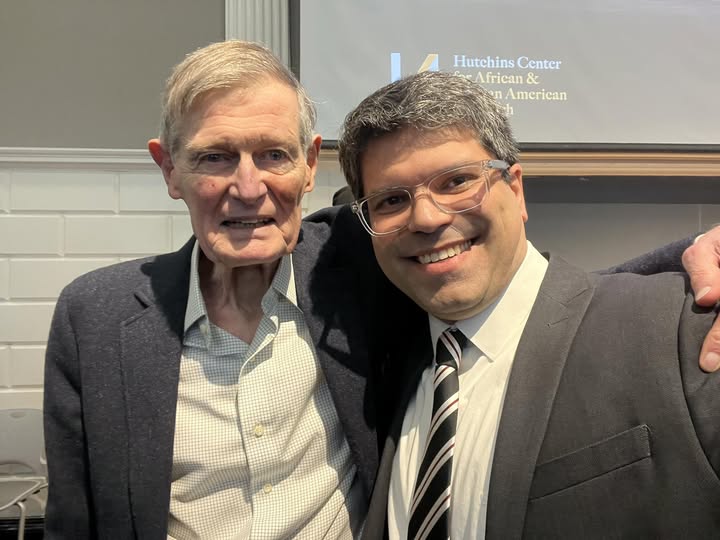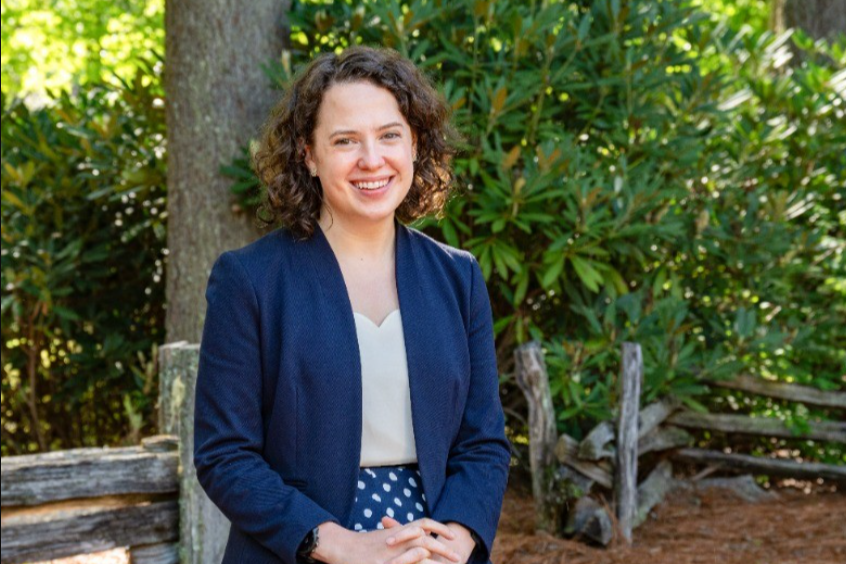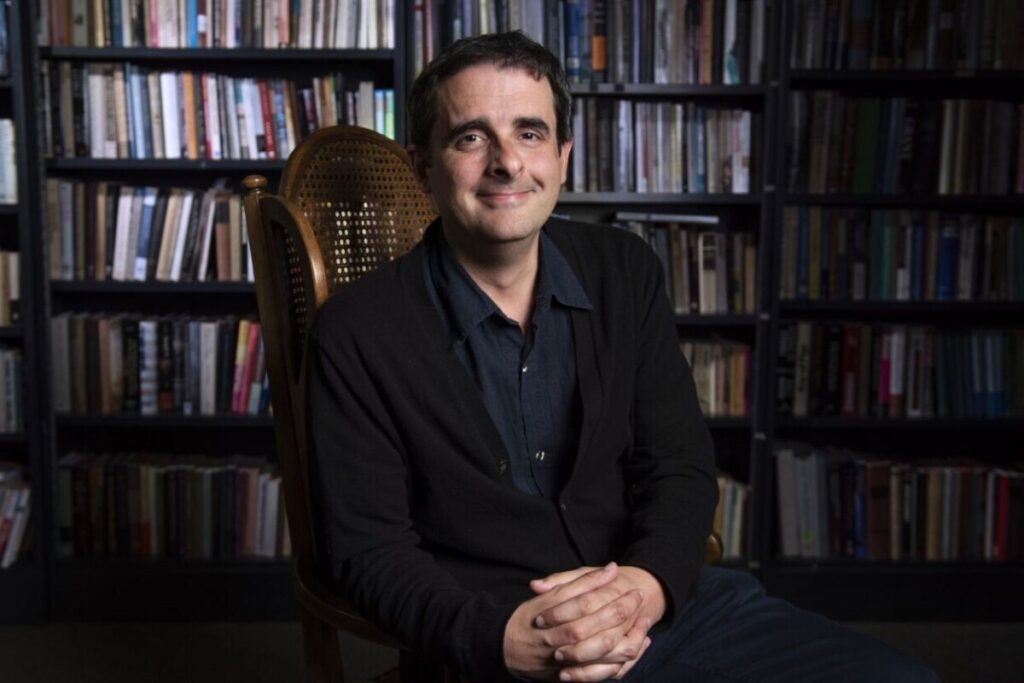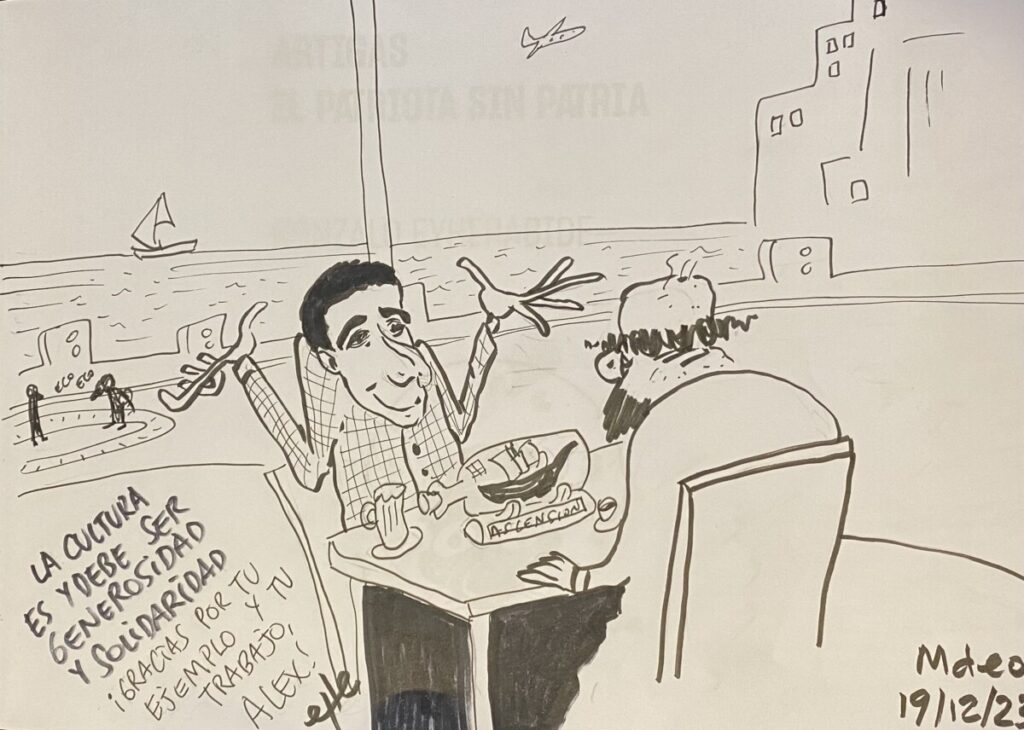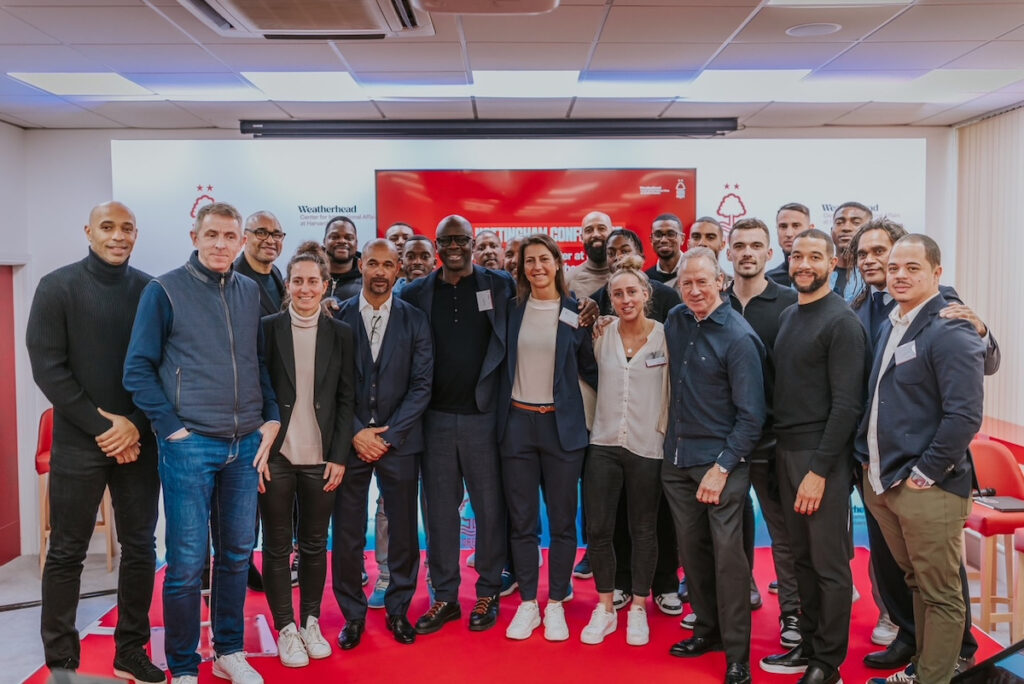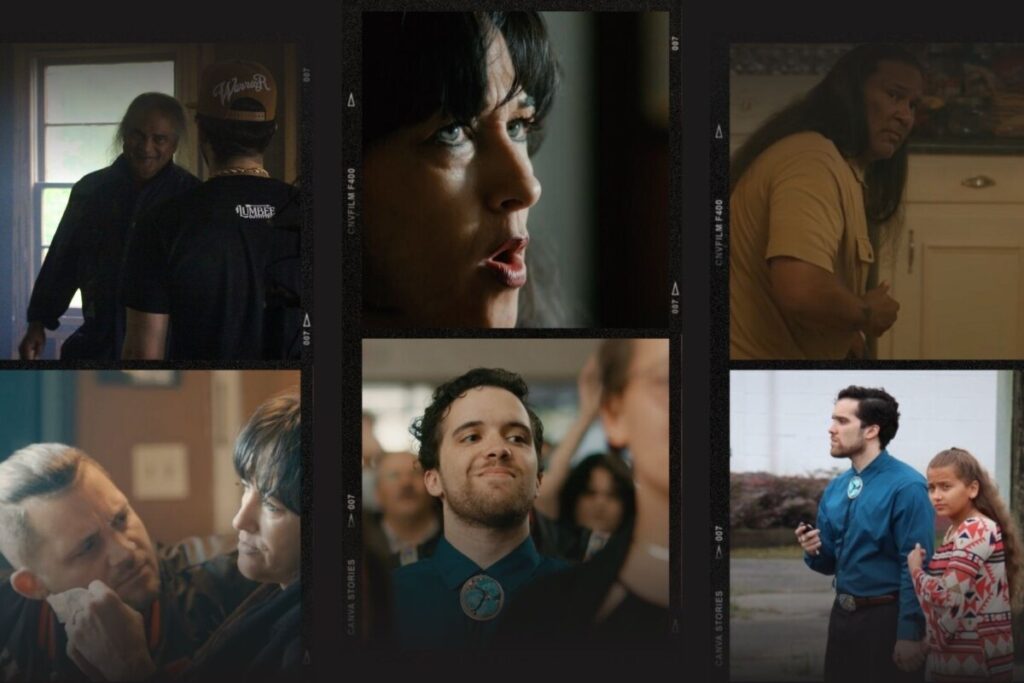
In the summer of 2025, Emory College senior Lucia Alexeyev conducted research about the relationship between U.S. Naval occupation and residents’ health and access to healthcare on the island of Vieques in Puerto Rico. Alexeyev’s project, titled “Military Occupation and Changing Healthcare Landscapes: Vieques and the U.S. Navy, 1941-2003,” was funded by the History Department’s Cuttino Scholarship for Independent Research Abroad.
While in the field, Alexeyev observed the effects of the Trump administration’s rescission of research grants through the Environmental Protection Agency. She chronicled the on-the-ground consequences of – and responses to – those cuts in a piece for Nueve Millones, “Vieques’ health investigator seeks funding after EPA’s cancellation: ‘This is just a rock on the road.‘”
Alexeyev is a History major and Global Health, Culture and Society minor. Dr. Jeffrey Lesser, Samuel Candler Dobbs Professor of History, serves as her thesis adviser. Read an excerpt from the Nueve Millones piece below and find the full article here.
“Even with how politics has changed in the EPA, Estrada Martinez remains hopeful for the study’s completion. She’s inspired by the Viequense community’s 63-year struggle to remove the Navy from the island, plus an additional 20-year battle to obtain funding for VASAC in the first place. ‘This is just a rock on the road, and we will figure out together how to get rid of it and move forward, right?‘”
